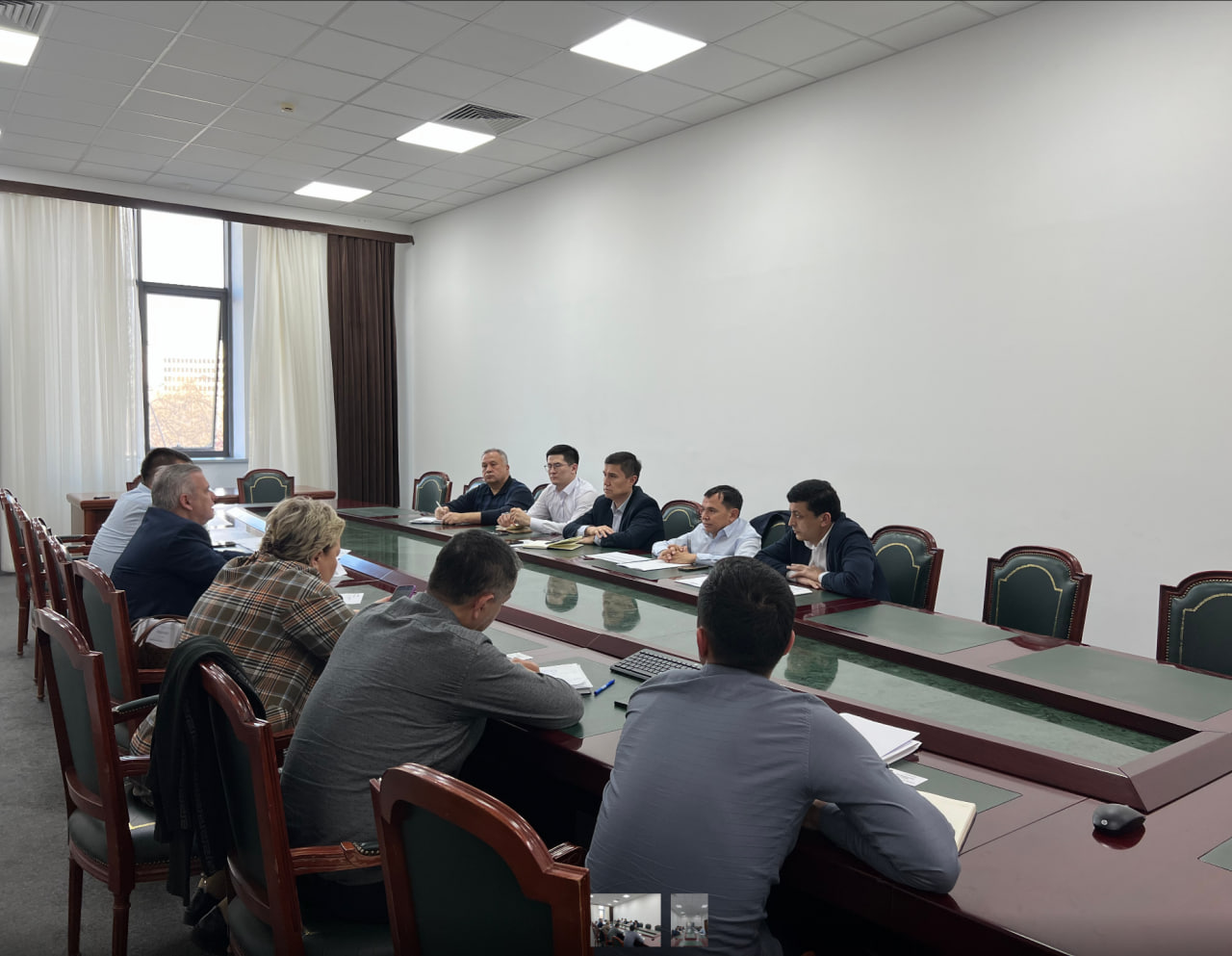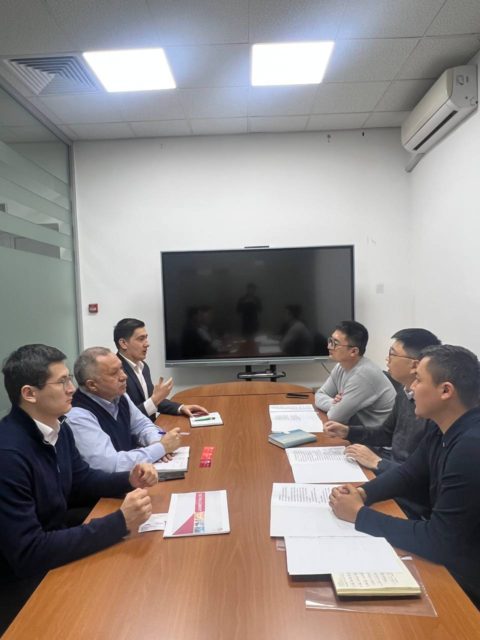Green Financing and Private Sector Can Support Uzbekistan’s Transition to a Green Economy — ADB
Uzbekistan’s growth is expected to slow in 2022 due to lower investment and remittances from the Russian Federation before rising slightly in 2023, while green financing can support the country’s transition to a greener economy, a new Asian Development Bank (ADB) report says.
In its flagship annual economic publication, Asian Development Outlook (ADO) 2022, ADB projects Uzbekistan’s gross domestic product (GDP) growth to be 4% in 2022, slower than last year’s 7.4% growth, as moderating private consumption curbs expansion in industry and services. Growth is expected to rise again to 4.5% in 2023 but risks stem from a tense external environment and the possible emergence of new coronavirus disease (COVID-19) variants.
“Despite the unprecedented impacts of COVID-19, Uzbekistan experienced a strong growth recovery in 2021, mainly due to expansion in industry and services,” said ADB Country Director for Uzbekistan Cindy Malvicini. “Creating an enabling environment for private sector involvement in financing climate change mitigation and adaptation in industry and agriculture can help the government’s priorities for growth.”
Inflation is anticipated to slow to 9% in 2022, from 10.7% last year. The central bank has raised its policy rate from 14% to 17%. To hold down food prices, the government has retained import duty exemptions for essential foods such as edible oils, poultry, wheat flour, and rice until the end of 2022. Inflation is forecast to decelerate further to 8% in 2023.
Expansion in industry is expected to slow to 5% in 2022 after a strong recovery in 2021 in textiles, food, and mining and quarrying, before rising again to 5.5% in 2023. Meanwhile, growth in private consumption is expected to slow to 4.5% in 2022 with cooling post-pandemic demand and the anticipated drop in remittance inflow, which will curtail household income growth. Private consumption is then expected to edge up to 5% in 2023.
Exports of goods and services—notably of copper, gold, agricultural products, and petrochemicals—are projected to grow by 9% in both 2022 and 2023. However, growth in imports of goods and services is forecast to plunge by almost half to 12% in both years as demand cools for transport services and for imported capital and intermediate goods.
To help Uzbekistan transform into a green economy, the report suggests raising climate awareness, strengthening institutional coordination to plan green public investment, and creating an enabling environment to develop green financing. Expanding public–private partnerships and credit guarantees would help mobilize private investment in renewable power generation and other essential infrastructure.
According to the report, transforming into a green economy involves meeting the cost of phasing out or reducing fossil fuel subsidies to state-owned enterprises, mobilizing public and private investment in green technologies, and institutionalizing green finance by adopting in the banking system environmental, social, and corporate governance principles when assessing climate risk.
ADB is committed to achieving a prosperous, inclusive, resilient, and sustainable Asia and the Pacific, while sustaining its efforts to eradicate extreme poverty. Established in 1966, it is owned by 68 members—49 from the region.
Source: www.adb.org
Другие новости и события
Any use (reproduction, publication, copying, reprinting, distribution, translation, broadcasting, processing and other methods of distribution) of the materials of the Investment Portal - Invest.gov.uz, without indicating the original source and a link to the Portal is strictly prohibited!








